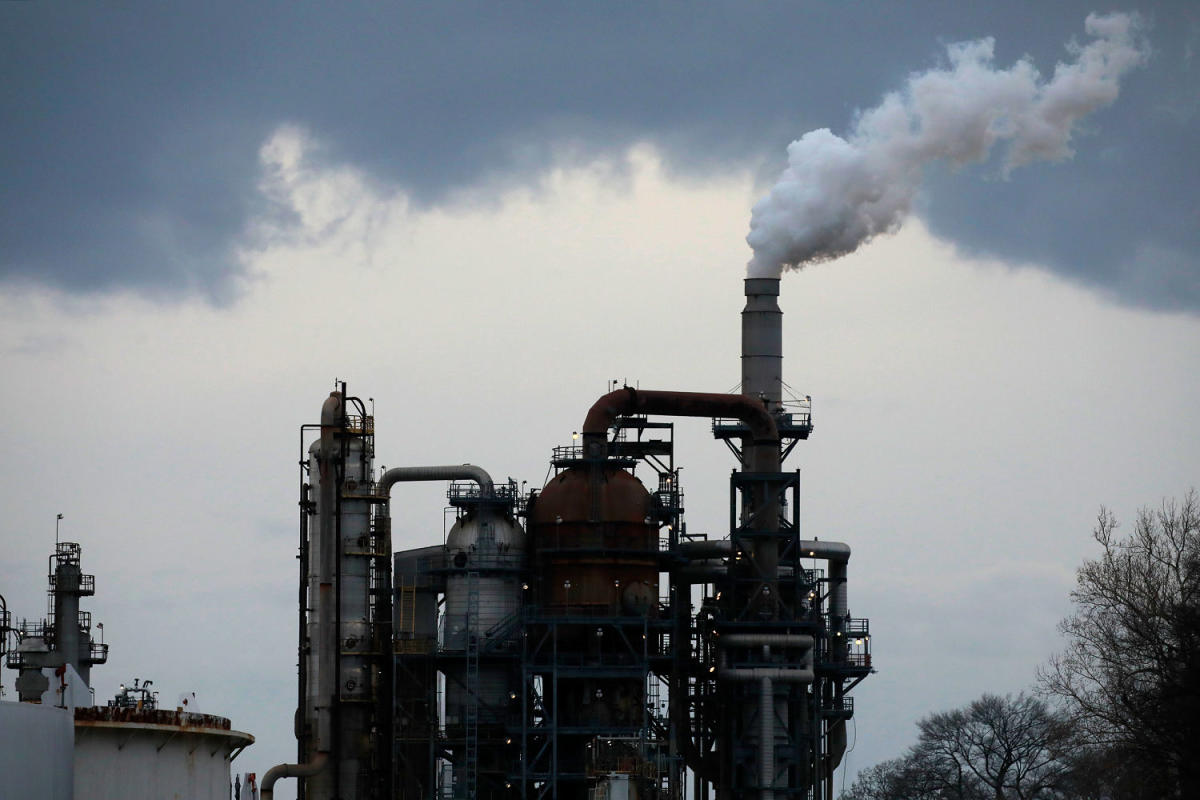Approximately 50 oil and gas companies globally have committed to taking action to address leaky methane systems by 2030. This significant undertaking could result in a rapid reduction of emissions of the potent gas and serve as a preventative measure against the effects of climate change — all contingent on the companies fulfilling their commitment.
The pledge was unveiled during the United Nations Climate Change Conference in Dubai (COP28) by Sultan Ahmed Al Jaber on Saturday. It calls for oil and gas companies to drastically minimize methane leaks to levels close to zero by the specified year 2030. Al Jaber, the president of the conference, serves as the United Arab Emirates’ special envoy for climate and the CEO of ADNOC, a state-owned oil and gas company.
Notable participants in this ambitious pledge include ExxonMobil and Saudi Arabia’s Aramco, two of the world’s leading oil and gas producers.
Environmental nonprofits and intergovernmental organizations, such as the Environmental Defense Fund and the International Energy Agency, have pledged to monitor this endeavor and leverage satellite technology to ensure additional accountability.
However, some environmental groups have criticized the new agreement, dubbing it the Oil and Gas Decarbonization Charter and dismissing it as a form of greenwashing. More than 300 organizations have signed an open letter criticizing the effort.
Despite the critique, addressing methane emissions is crucial as methane is a more potent greenhouse gas than carbon dioxide. It’s also responsible for approximately 30% of global warming. The commitment to control methane leaks is viewed as one of the simplest and most cost-effective means of immediately impacting global greenhouse gas emissions.
Moreover, the significance of addressing methane leaks was emphasized by John Kerry, the United States special presidential envoy for climate. He stressed that dealing with methane is essential and explained that rising atmospheric concentrations of methane have been a primary contributor to the planet’s global warming effects in the past few decades.
According to a 2019 report from the United Nations Intergovernmental Panel on Climate Change, methane’s potential contribution to global warming is over 80 times that of an equivalent amount of carbon dioxide over a 20-year period. This potent greenhouse gas is ingrained in various aspects of human activity, such as energy supply, and is also produced through natural processes like decomposition.
Furthermore, the U.S. Environmental Protection Agency has announced its final rule on methane pollution, aiming to significantly reduce emissions from the U.S. oil and gas industry.
While these developments underscore the urgency in addressing methane leaks, the agreement signifies a crucial step forward in environmental action and accountability for the oil and gas industry. It’s imperative for these companies to uphold their commitments to achieve tangible progress in mitigating methane emissions.
This content was originally published on NBCNews.com


